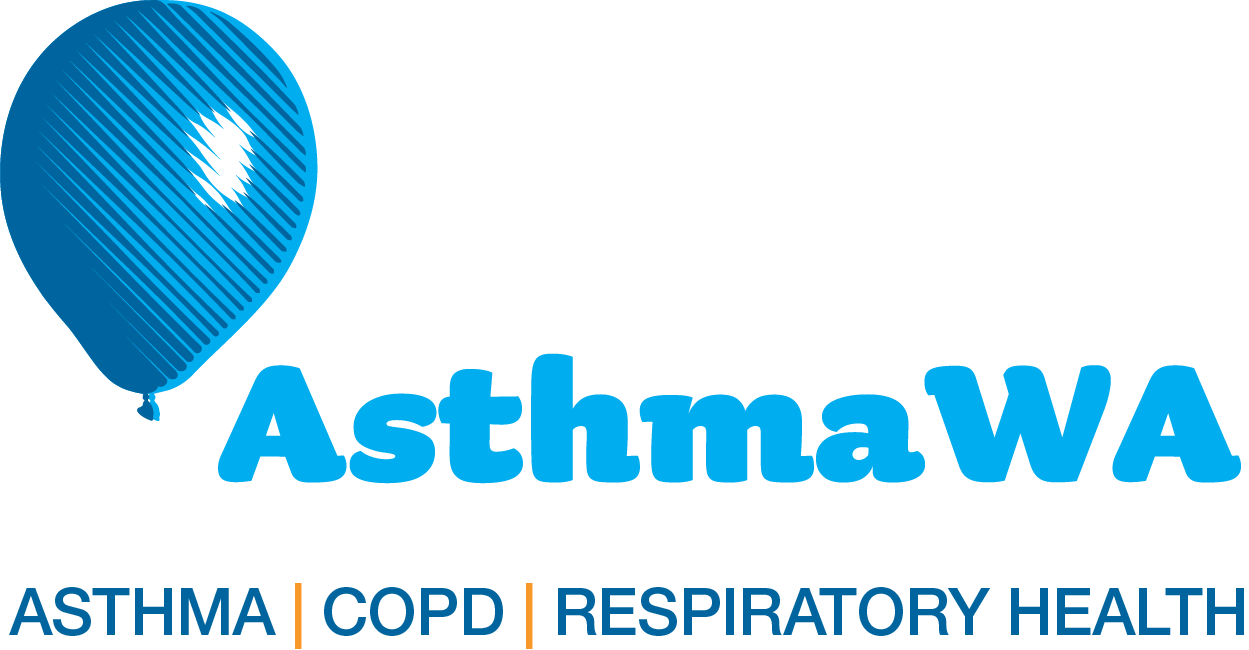Winter is just around the corner and this cooler season can be a hard time for people living with asthma. The cold air and the wind bringing up allergens in the air are just some characteristics of cold days which can be a harsh trigger if you have asthma.
Below are five practical tips for you and your loved ones this winter when it comes to living with asthma.
Tip 1 – Keep your reliever medication nearby
The cold and sudden changes in temperature can affect asthma in some people.
Tip 2 – Visit your GP for an asthma review
You should visit your GP if:
- It’s been longer than 12 months; or
- If you find you’re using your reliever puffer more than twice a week; or
- Are having asthma symptoms at night.
a) Keep your written asthma action plan updated.
b) If you or your child has been prescribed preventer medication make sure you use it – even if you are feeling well.
c) Discuss the flu vaccine with your GP.

Tip 3 – Educate others
If you know the cold weather is a trigger for your child, be sure to educate their friends, carers and teachers about how to recognise the signs of an asthma attack and how they can help in that situation.
If your child has a written asthma action plan, consider keeping a copy on them and giving a copy to anyone they regularly spend time with.
Tip 4 – Exercise to suit the weather
It is really important to stay active to maintain your health. When exercising outdoors or taking part in winter sports make sure you warm up for 10 – 15 minutes before getting started.

Tip 5 – Check your wardrobe
Are you really staying warm?
Take some time now to assess that your wardrobe is suitable for the weather.
Use a scarf to loosely cover your nose and mouth, helping warm up the air before you breathe it in. If you don’t have a scarf available simply breathing naturally through your nose warms the air you breathe before if passes to your lungs.
Lastly… have the confidence to know what medication is needed to stay well and what to do if you or someone you care for gets sick.
Seek medical help straight away if symptoms are severe or rapidly get worse.
If you would like to learn more about your asthma or check your technique call Asthma WA on 1800 ASTHMA.
